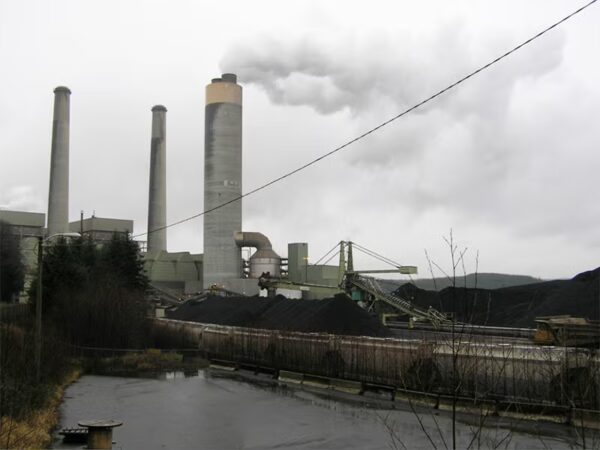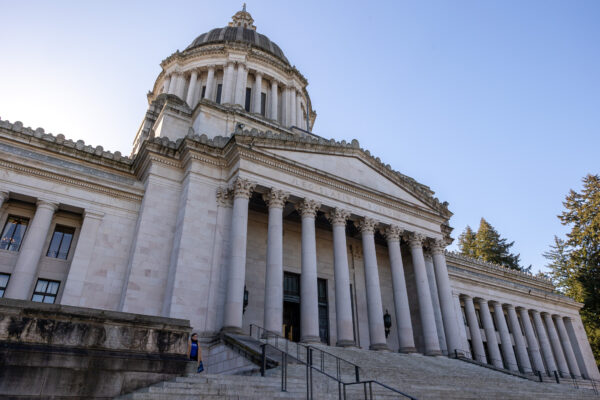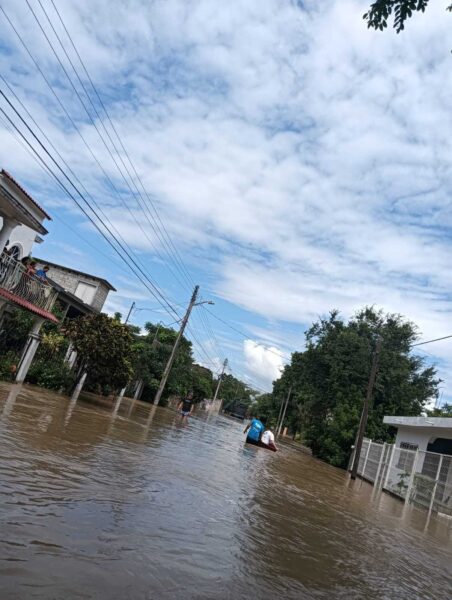Strong Year for Environmental Priorities, Including GMA and Salmon
OLYMPIA, WA–Last night, the 2022 Washington Legislative Session concludes and Washington’s Environmental Priorities Coalition (EPC), which represents more than 25 statewide organizations, is celebrating bold environmental action in 2022. The Legislature passed two of the 2022 EPC Priorities, Transportation for All (transportation package), and Closing the GMA Sprawl Loophole. While the Lorraine Loomis Act for Salmon Recovery and the RENEW Recycling Act didn’t pass this session, the new supplemental budget includes funding for a study to move forward recycling policy and significant investment of more than $120 million to improve salmon habitat.
Members of the Environmental Priorities Coalition expressed gratitude for the work done this session to pass policy for Washingtonians, the environment, and people’s health, especially after years of delay on a transportation package and on salmon recovery.
“State lawmakers heard us loud and clear that we need to address the largest source of climate pollution: transportation. So it is a watershed moment for our futures that the Legislature passed the Move Ahead Washington transportation package. That combined with an influx of desperately needed salmon funding signals that the legislature is taking our issues and futures seriously,” said Alyssa Macy, CEO, of Washington Environmental Council and Washington Conservation Voters. “The climate crisis is already upon us and the legislature, once again, acted boldly for people and the environment. Of course there is so much more work to do, but this progress is the spring of hope we so desperately need at this moment.”
Environmental Priorities Coalition Priorities:
Transportation for All: A future with lower emissions will take transportation, and during this session legislators took bold action to make it happen. Move Ahead Washington is a 16-year transportation package that will fund transit operations, make transit fare-free for riders under 18, and improve active transportation infrastructure in communities across the state. The package sets a new standard for transit investment, represents a shift in statewide priorities, and sets the stage for a generation of Washington residents who consider outstanding transit service to be a right.
“Washington has ambitious goals to reduce emissions, and this package shows we’re willing to put our money where our values are as a state. It’s nothing short of transformational” said Alex Hudson, Executive Director of Transportation Choices Coalition. “Transportation is the single largest source of greenhouse gas emissions and this package invests in sustainability, shared prosperity, and real alternatives to driving that Washingtonians are counting on. This is the start of a bright new chapter in how we invest as a state. Every legislator who was part of making this happen has my deepest gratitude and congratulations.”
Closing GMA Sprawl Loophole:
SB 5042 closes a loophole in the Growth Management Act that allowed for growth in rural landscapes but did not comply with the GMA. The loophole undermined the intent of the GMA by allowing counties to subvert the Growth Management Hearing Board appeals process to build sprawling developments that gobble up farmlands, forests, and critical habitats, and put a financial strain on jurisdictions to provide adequate infrastructure, facilities, and services to new developments.
SB 5042 makes a simple update to the GMA, by changing the effective date for land use changes to 60 days after adoption or until after a ruling from the Growth Management Hearings Board is issued. If the GMHB rules against the land use change (for example expansion of the urban growth boundary or removing designations for agricultural lands), the change won’t be allowed to go into effect, and the protections will continue.
“After 15 years since this legislation was first introduced, we’re thrilled to finally see it pass. Closing the GMA sprawl loophole will protect Washington’s valuable farmlands and forests from sprawl and ensure the Growth Management Act works as it was originally intended” said Alex Brennan, ED, Futurewise.
As Washington state grows, increasingly smaller cities outside of urban cores are growing the fastest. SB 5042 ensures that new development will stay concentrated in designated urban growth areas, places where homes are easily connected with transit, jobs, and public services.
RENEW Act
Although the RENEW Recycling Act made important progress, the Legislature failed to pass it this year. The RENEW Recycling Act would have modernized our recycling system by making sure plastics and other materials are actually recyclable. With plastic accumulating in our environment, this issue will be another multi-year effort and will return next year to be passed. The final budget included a $150,000 recycling rate study to assess what materials are actually being recycled and the losses to our health and environment due to contamination. The study report is due to the legislature by December 1, 2022, and will provide important data to policymakers as this work in Olympia continues.
“Although legislators failed to pass the RENEW Recycling Act this year, we are grateful for the progress made through the budgetary process, said Heather Trim, Executive Director, Zero Waste Washington. “There’s momentum at our backs and we won’t give up the vital work to reduce plastics in our waters and modernize our recycling system here in Washington. This issue has overwhelming public support.”
Salmon Recovery:
Salmon have been a cornerstone of Washington’s ecosystems and cultures for thousands of years. However, salmon are on the brink of extinction across the state. Some Puget Sound salmon species have declined by 90% compared to historical populations. In the Columbia River basin, returns are as little as 2% of historical levels. The Lorraine Loomis Act would have required properly functioning corridors around streams and rivers, established a new riparian habitat conservation grant program, and implemented monitoring and accountability to ensure long-term success. The bill did not pass this legislative session. Fortunately, the legislature approved more than $120 million in funding for salmon habitat programs and laid the groundwork for a multi-year effort on what’s needed to step up on recovery.
“Our coalition is not giving up. Salmon are too important to the people of Washington to let them slip into extinction through a lack of action around habitat protections. We continue to lose ground every year,” said Mindy Roberts, Puget Sound Program Director, WEC. “Future generations depend on our actions today, and they deserve healthy salmon runs.”
ABOUT THE ENVIRONMENTAL PRIORITIES COALITION
The Environmental Priorities Coalition is a network of more than 25 leading environmental groups in Washington state that influence policy at the state level. For over a decade, the Coalition has selected joint priority issues to work on during the legislative session to help focus environmental community resources and best achieve our shared goals. @epctweets environmentalpriorities.org
###
MEDIA CONTACT:
Zachary DeWolf, Environmental Priorities Coalition, 206-631-2629


